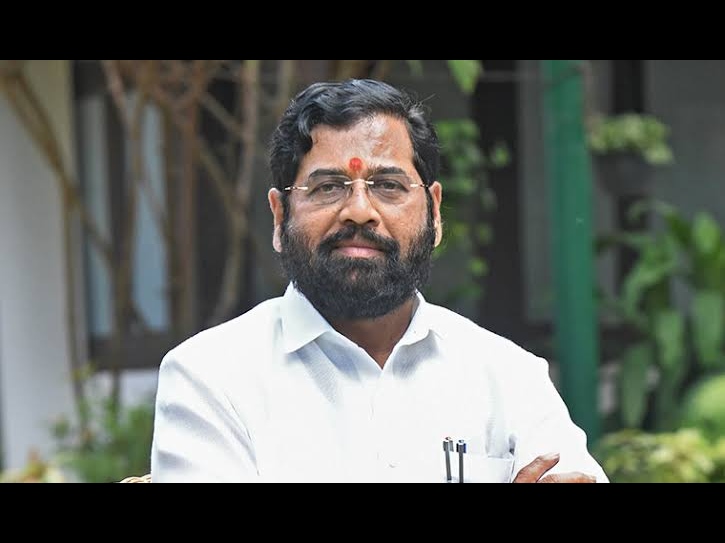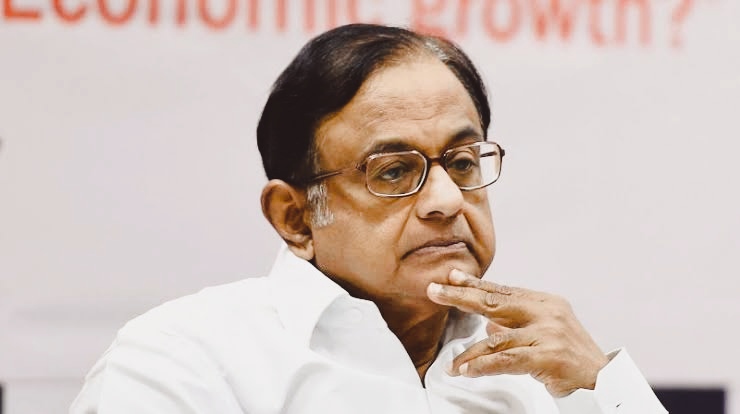Satara, Nov 4 – Maharashtra Chief Minister Eknath Shinde has called upon farmers to engage in large-scale bamboo cultivation through group farming initiatives. Additionally, he announced plans to establish bamboo parks in urban areas, citing the need to combat increasing pollution levels.
The chief minister made these remarks during an event focusing on bamboo cultivation in Dare taluka, Mahabaleshwar. He emphasized the multifaceted benefits that bamboo cultivation can offer to farmers, as the government strives to create additional economic opportunities in this sector.
Shinde pointed out that while sugarcane typically yields around 100 tons per hectare with a price of at least Rs 2,500 per ton, bamboo’s minimum production per hectare is also 100 tons, but the price is at least Rs 4,000 per ton, potentially providing greater financial stability for cultivators.
Moreover, bamboo production begins in the third year and contributes to soil protection and water conservation efforts. The chief minister highlighted that bamboo can be used for ethanol production to boost the agricultural economy, with the added advantage of significantly reduced water requirements. One hectare of sugarcane requires two crore liters of water, while the same area of bamboo only needs 20 lakh liters. Similarly, bamboo can yield 400 liters of ethanol per ton, in contrast to sugarcane’s 80 liters per ton.
Environmental benefits were also a focal point in Shinde’s address, as bamboo releases 320 kg of oxygen into the atmosphere annually. On average, a single acre of bamboo generates 60 tons of oxygen and absorbs approximately 200 tons of carbon dioxide from the air per hectare, contributing to temperature reduction.
The chief minister expressed the government’s commitment to creating a bamboo-based manufacturing industry, aiming to generate employment opportunities for the youth in the Kandati Valley. Furthermore, the establishment of bamboo parks in urban areas was announced as a step to combat rising pollution levels and promote sustainable green spaces.
Shinde also revealed plans to boost tourism through water-based activities in the Koyna reservoir, with a Rs 45 crore project underway in Munawale, Jawli taluka. This initiative includes scuba diving, paragliding, speed boats, and adventure water sports, providing essential employment opportunities for the local population and enhancing tourism in the region.





